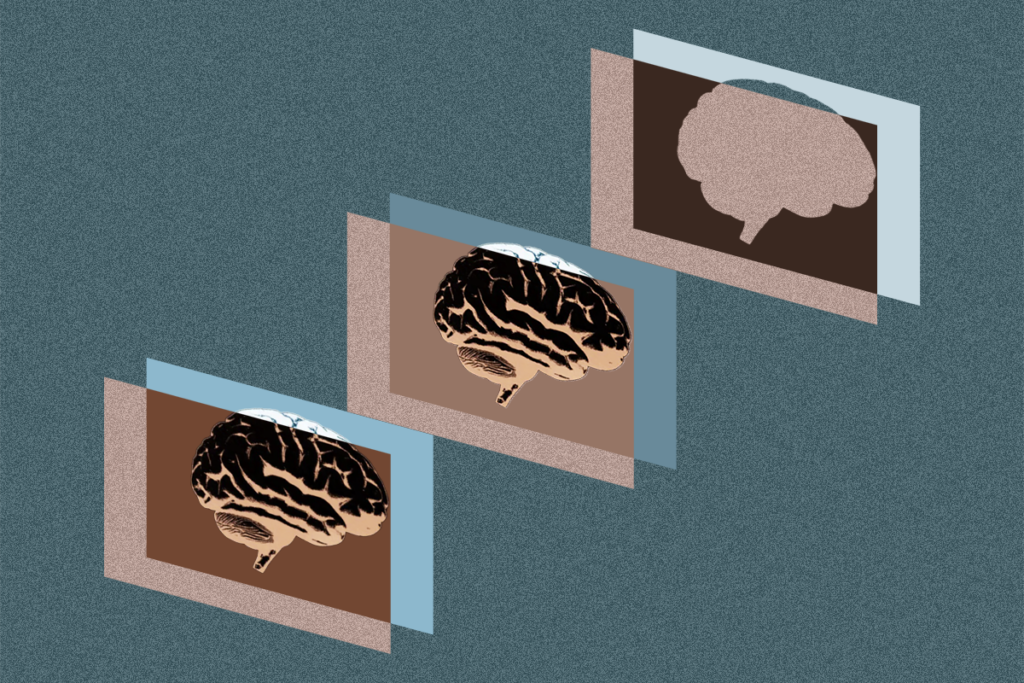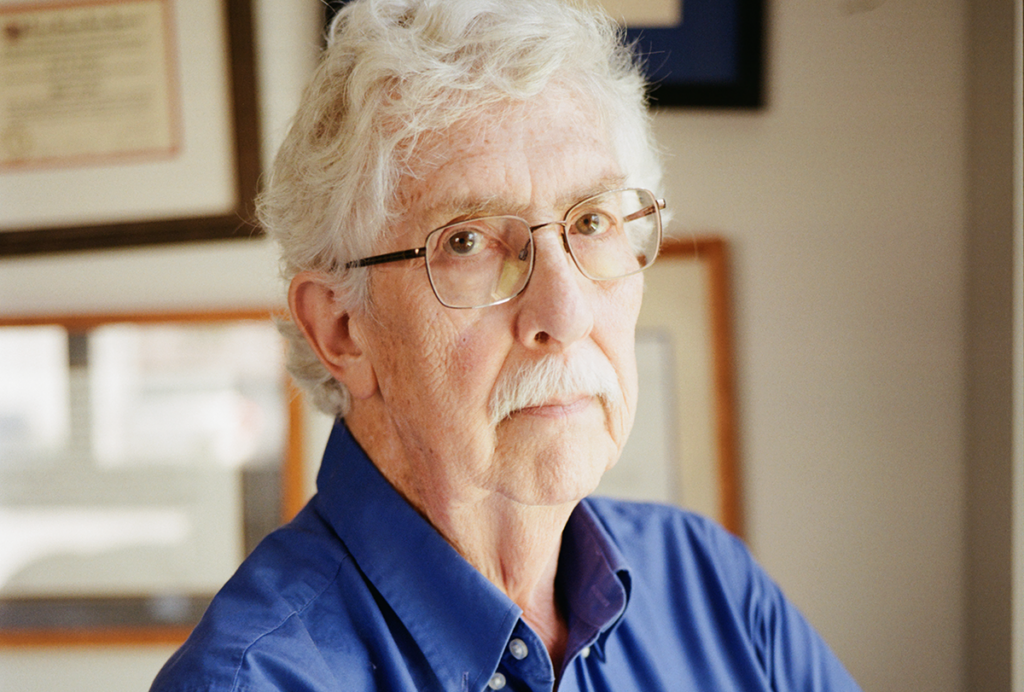Maureen Durkin is professor and chair of population health sciences and Waisman Center investigator at the University of Wisconsin-Madison. She received her undergraduate degree and Ph.D. in anthropology from the University of Wisconsin-Madison and her M.P.H. and Dr.P.H. degrees in epidemiology from Columbia University. Her research focuses on the epidemiology of neurodevelopmental disabilities and childhood injuries, both globally and within the United States. She has collaborated in the development of cross-cultural methods for epidemiologic studies of developmental disabilities and methods for surveillance of childhood injuries and disabilities. She has also directed international studies on the prevalence and causes of neurodevelopmental disabilities in low-income countries. Durkin is currently a principal investigator in the Autism and Developmental Disabilities Monitoring Network and other projects related to public health surveillance, epidemiology and care integration of autism and other developmental disabilities.

Maureen Durkin
Professor of population health sciences
University of Wisconsin-Madison
Explore more from The Transmitter
Exclusive: Recruitment issues jeopardize ambitious plan for human brain atlas
A lack of six new brain donors may stop the project from meeting its goal to pair molecular and cellular data with the functional organization of the cortex.

Exclusive: Recruitment issues jeopardize ambitious plan for human brain atlas
A lack of six new brain donors may stop the project from meeting its goal to pair molecular and cellular data with the functional organization of the cortex.
How pragmatism and passion drive Fred Volkmar—even after retirement
Whether looking back at his career highlights or forward to his latest projects, the psychiatrist is committed to supporting autistic people at every age.

How pragmatism and passion drive Fred Volkmar—even after retirement
Whether looking back at his career highlights or forward to his latest projects, the psychiatrist is committed to supporting autistic people at every age.
The brain’s quiet conductor: How hidden cells fine-tune arousal
New research published today suggests that the pericoeruleus acts as a kind of micromanager of arousal, selectively inhibiting different subgroups of locus coeruleus neurons depending on the behavioral context.
The brain’s quiet conductor: How hidden cells fine-tune arousal
New research published today suggests that the pericoeruleus acts as a kind of micromanager of arousal, selectively inhibiting different subgroups of locus coeruleus neurons depending on the behavioral context.